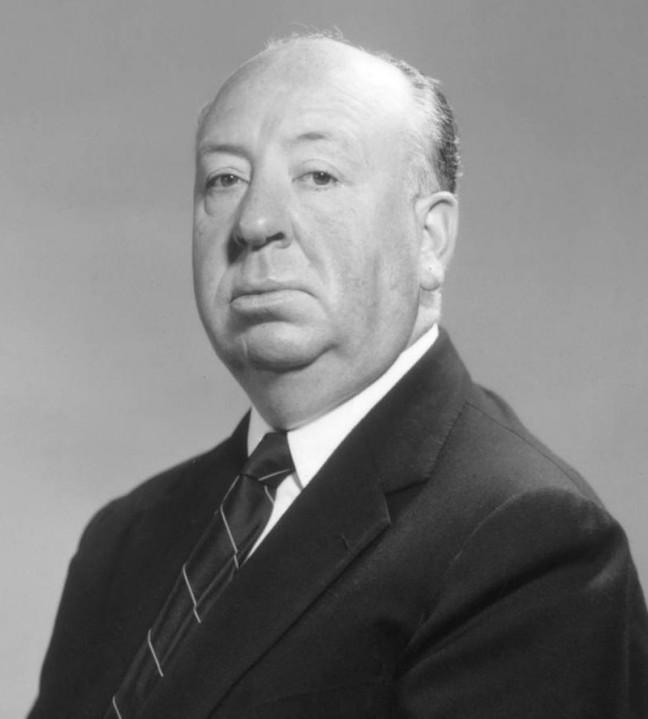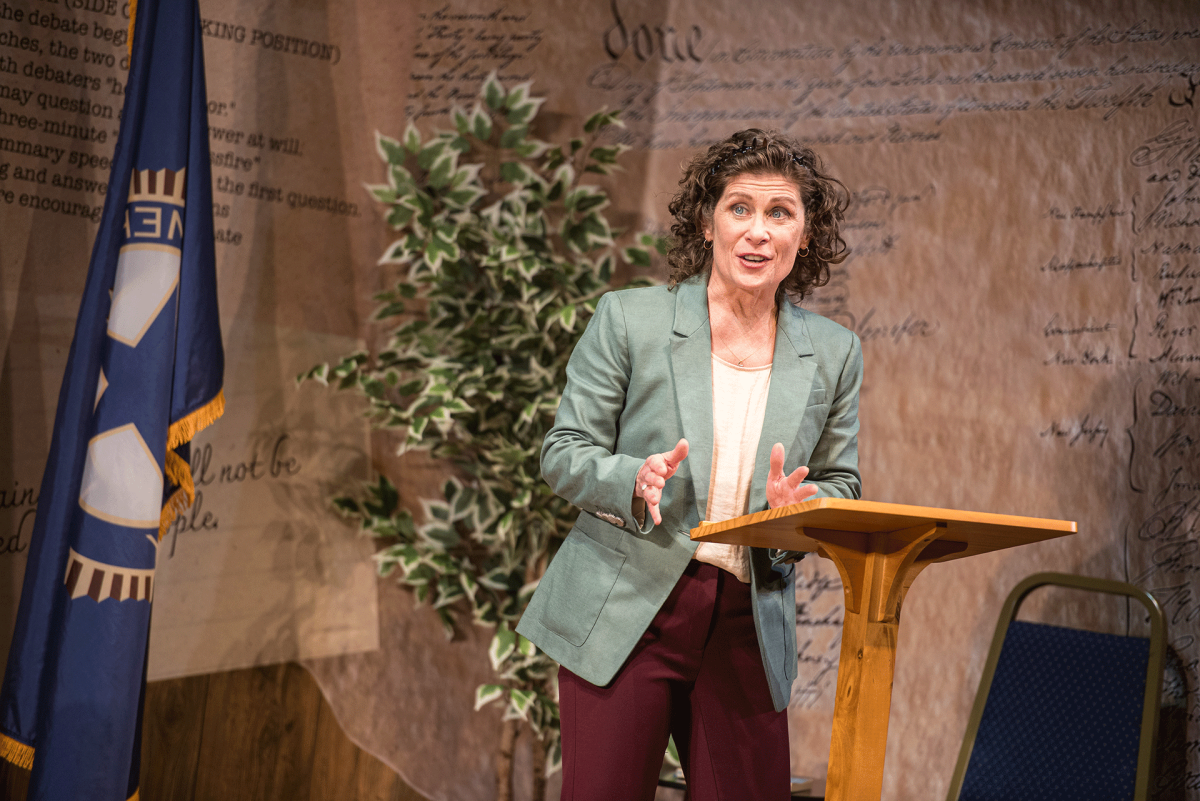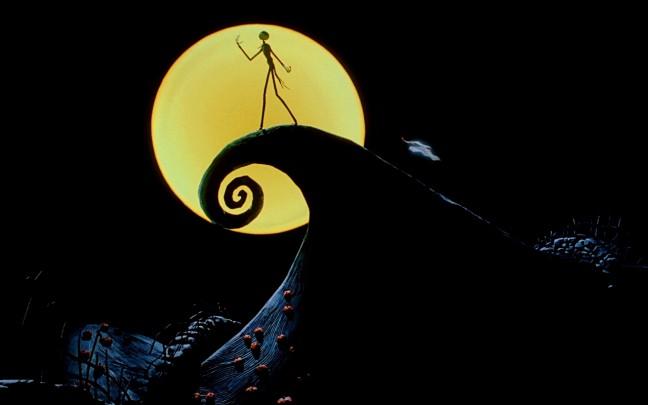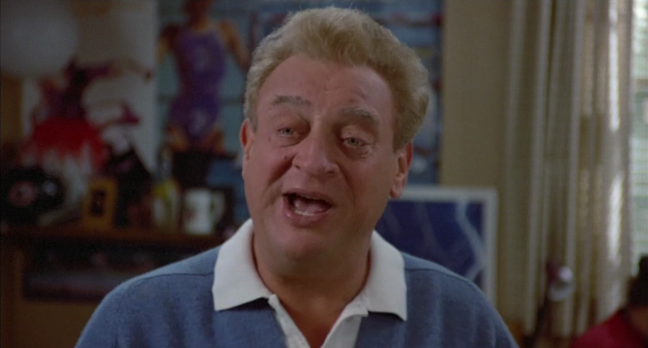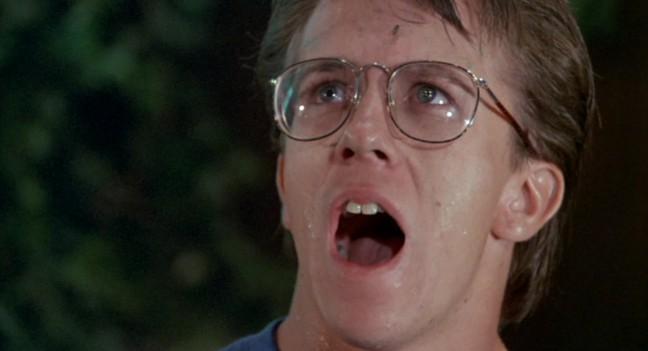Last night I watched in awe as the 86th Annual Academy Awards pronounced their winners for the past year. As this name and that was announced, everyone who watched with me judged the winners, naming who should have won and who obviously shouldn’t have. It was in these moments that I thought about the individual parts of a film. The Best Actress winner sometimes doesn’t come from the Best Picture winner. The cinematography may be amazing in one film, but that movie lacks any other nominations. When it comes to the awards season, specific parts of films are awarded, but in all, who takes ownership for these films? Who is the true author, the voice, for the entire production?
The most widely accepted answer to this question can be found with the auteur theory. It states that the director of the film is the main author, and whatever happens on the screen is from that director’s perspective. Adding certain actors, using different cinematographers or composers won’t matter because a film can be clearly identified by the director’s trademark style, or his mise-en-scène. If you watch a thriller directed by Alfred Hitchcock, you can tell it’s a Hitchcock film from the different ways he frames his shots. The film’s location may be the rocky cliffs of an English manor, like in “Rebecca,” or Mount Rushmore, like “North by Northwest,” but the tension and emotional response is the same in each. All his films have his own personal touch, and they revel in action, suspense and horror.
The decisions directors make consequentially change the shape of a film, and they take the most risk in making their vision come true. Because their role is so large and they control so much of what happens in the film, they have authorship over what appears onscreen and what message eventually gets shown. Some directors evolve over time and yet their style stays evident. Kevin Smith wrote, directed and acted in “Clerks,” a low-budget comedy set in a convenience store. Because of its indie quality, it looks grainy and muddled from a modern viewpoint. When you look at Smith’s “Mallrats” or “Chasing Amy,” there are higher production values, but the films still have the same voice. His films retain the same kind of characters and emotional impact because they’re a part of his vision.
The screenwriter has often been seen as the main author of a film. Some screenwriters have a certain voice, and their films all stay within their style whether the director changes or not. Charlie Kaufman has written some beautiful, exotic screenplays, and his work is always his own. Whether they’re directed by Michel Gondry or Spike Jonze, his films all have the same eclectic eccentricity. While there are many notable screenwriters working in the business today, they are not given the obligatory authorship title because they have little control over the making of the film. Many of the best screenwriters have become directors because they hold more control in production decisions than if they hand over their work. Classic screenwriters like Orson Welles, Woody Allen and Billy Wilder all went on to direct their screenplays, creating immensely important films that remain relevant today. Even contemporary examples such as Joss Whedon, Alexander Payne and David O. Russell have turned to directing as a way to control their words on the page.
For very clear reasons, actors are never given authorship over the films they make. Because they work for many different directors, screenwriters, studios and production crews, they have very little say in the filmmaking decisions, unless improvisation is allowed. Partnerships between directors and certain actors are a very common and notable constant in the industry. Martin Scorsese and Robert De Niro have made eight films together since 1973, all of them in the same style that Scorsese brings to his productions but also with the distinct voice that De Niro commonly brings to every role he inhabits. Though De Niro does not claim authorship of the films they collaborate on, their relationship remains symbiotic, proving De Niro has agency in what the film will be. Even collaborations between certain actors yield authorship. While typecasting can be a problem in this regard, sometimes the best results come from partnerships.
Just the same, we all have authorship in film because we make them either a masterwork or just another box office bomb. Everyone has an equal hand in creating, reacting to what’s onscreen and making these films important so others will watch. Films make communities, and that’s why they belong to all of us — even those that are remain overtly critical. It’s important to note the contributors to film, but also, to realize it belongs to everyone, as do most art forms.








